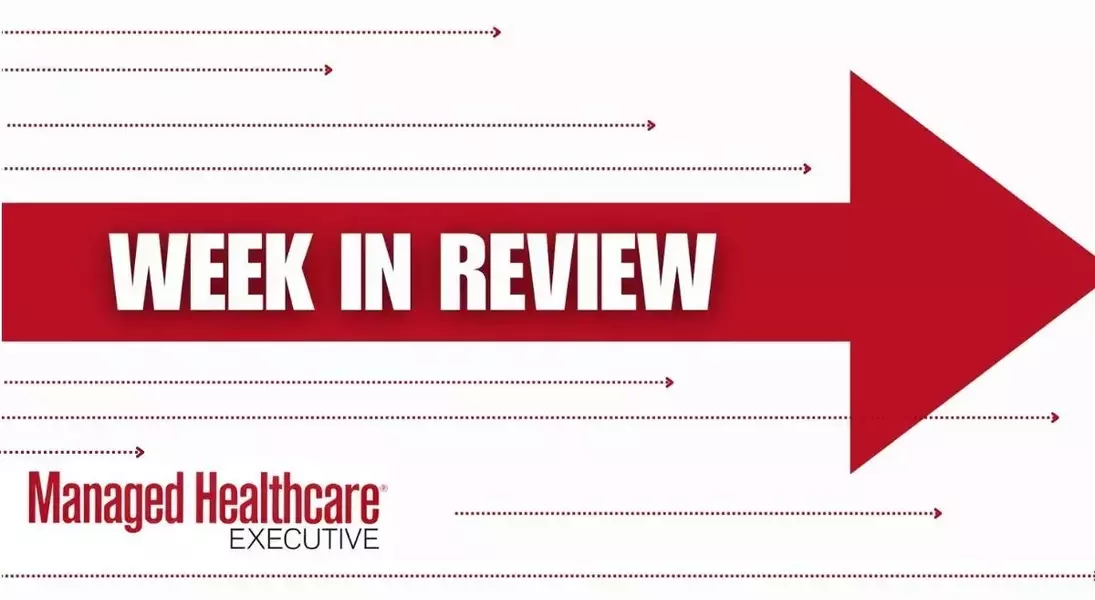In a recent episode of "Tuning In to the C-Suite" podcast, Briana Contreras from MHE engaged in an insightful conversation with Loren McCaghy, Accenture's director of consulting for health and consumer engagement. The discussion centered on a pivotal report that delves into the reasons behind U.S. consumers changing their healthcare providers and insurance payers.
Discover Why Americans Are Switching Their Healthcare Providers
Understanding Consumer Motivations
The dynamics of the healthcare industry have seen significant shifts as more Americans are opting to switch their healthcare providers. This movement is driven by various factors that impact consumer decisions. One primary reason is dissatisfaction with current services. Patients often seek alternatives when they feel their needs are not being adequately met. For instance, long wait times, lack of personalized care, or inadequate communication can lead individuals to explore other options. Additionally, financial considerations play a crucial role. Rising medical costs and concerns about coverage can push patients towards providers who offer more competitive pricing and better value.Moreover, technological advancements have also influenced this trend. Telemedicine and digital health platforms provide convenient alternatives that cater to modern lifestyles. These innovations not only enhance accessibility but also empower patients with more control over their healthcare choices. As a result, consumers are increasingly drawn to providers who embrace technology and offer seamless digital experiences.The Role of Insurance Payers
Insurance payers significantly influence the decision-making process of healthcare consumers. A key factor is the complexity of insurance plans. Many individuals find it challenging to navigate through the myriad of options available, leading to frustration and confusion. Consequently, they may opt for providers who partner with simpler, more transparent insurance policies. Furthermore, changes in employer-sponsored plans can compel employees to seek new healthcare providers. Employers frequently review and adjust their benefits packages, which can result in employees needing to switch doctors or hospitals.Another critical aspect is the coverage offered by different insurance payers. Some insurers provide broader networks, allowing patients greater flexibility in choosing specialists and facilities. On the other hand, narrow networks can limit options and force consumers to change providers if their preferred doctors are no longer covered. Therefore, understanding the nuances of insurance coverage is essential for making informed healthcare decisions.Accenture's Insights and Recommendations
Accenture's comprehensive report offers valuable insights into the evolving landscape of healthcare consumerism. The study highlights the importance of addressing consumer pain points to retain and attract patients. Providers must prioritize enhancing patient experience through improved service delivery and personalized care. Investing in advanced technologies and digital solutions can significantly improve satisfaction levels. For example, implementing electronic health records (EHRs) and patient portals can streamline processes and foster better communication between healthcare professionals and patients.Additionally, transparency in pricing and billing practices is paramount. Clear and concise information about costs can alleviate financial stress and build trust with consumers. Providers should also focus on building strong relationships with insurance payers to ensure seamless coordination of care. Collaboration between healthcare organizations and insurers can lead to more favorable outcomes for all stakeholders involved. By adopting these strategies, healthcare entities can position themselves as leaders in an increasingly competitive market.You May Like

